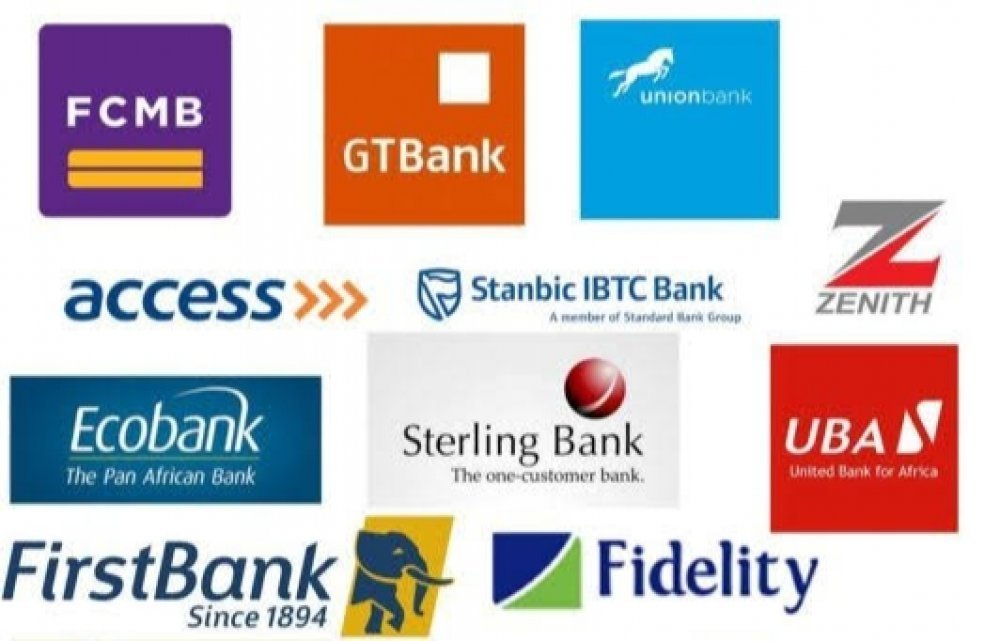POS Dominates Retail Payments with ₦223tn in 2024, CBN Sanctions Banks Over ATM Failures
The sharp rise reflects a continued shift from Automated Teller Machines (ATMs) to digital payment terminals amid expanding agency banking networks and ongoing cash access constraints across commercial banks.
In volume terms, POS transactions rose by 32.7 percent year-on-year, from 9.85 billion in 2023 to 13.08 billion in 2024, highlighting growing consumer preference for digital retail payments. In contrast, ATM transaction volume remained largely stagnant, increasing marginally from 1.012 billion to 1.022 billion transactions during the same period.
ATM withdrawal value for 2024 stood at ₦29.12 trillion, up slightly from ₦28.21 trillion in 2023, indicating a continued deceleration in physical cash transactions relative to digital alternatives.
The monthly breakdown of CBN data shows consistent growth in POS value throughout the year, with December 2024 recording a peak of ₦31.84 trillion, up from ₦13.20 trillion in December 2023. The upward trend was most notable in June and November, which posted year-on-year increases of 135.4 percent and 160.8 percent respectively.
In contrast, ATM withdrawals were constrained by widespread cash scarcity and operational bottlenecks within commercial banks.
The situation worsened during the festive period, with many ATMs empty or non-functional, leading to long queues and consumer complaints.
In response, the CBN sanctioned nine Deposit Money Banks (DMBs), debiting a total of ₦1.35 billion from their accounts for failure to comply with cash availability guidelines.
Each affected bank, including Fidelity Bank Plc, First Bank Plc, Keystone Bank Plc, Union Bank Plc, Globus Bank Plc, Providus Bank Plc, Zenith Bank Plc, United Bank for Africa Plc and Sterling Bank Plc, was fined ₦150 million following spot-check investigations by the regulator.
The apex bank’s action follows a broader trend of increased reliance on POS agents, particularly during periods of cash rationing.
POS operators, capitalizing on the situation, raised withdrawal charges by as much as 100 percent in December, collecting up to ₦200 per ₦5,000 withdrawn.
Fintech platforms such as OPay, Moniepoint, and Kuda—who collectively account for over 70 percent of Nigeria’s POS agent network—were affected by the implementation of the Federal Government’s Electronic Money Transfer Levy (EMTL).
Effective December 1, 2024, the EMTL imposed a flat ₦50 charge on electronic inflows of ₦10,000 and above, adding to the cost of digital transactions for consumers.
Amid the rapid growth in transaction volume and value, POS-related fraud has also increased. According to the FITC Fraud and Forgeries Report, POS fraud cases surged by 31.1 percent in Q1 2024, with 3,518 incidents reported—up from 2,683 in Q4 2023. POS fraud accounted for 30.67 percent of the 11,472 total fraud cases in Q1 alone.
In response to rising fraud and to support its cashless policy framework, the CBN imposed a daily cash-out limit of ₦100,000 per customer at POS terminals. Agents are now restricted to a cumulative limit of ₦1.2 million per day, while individual customers are limited to a maximum withdrawal of ₦500,000 per week.










